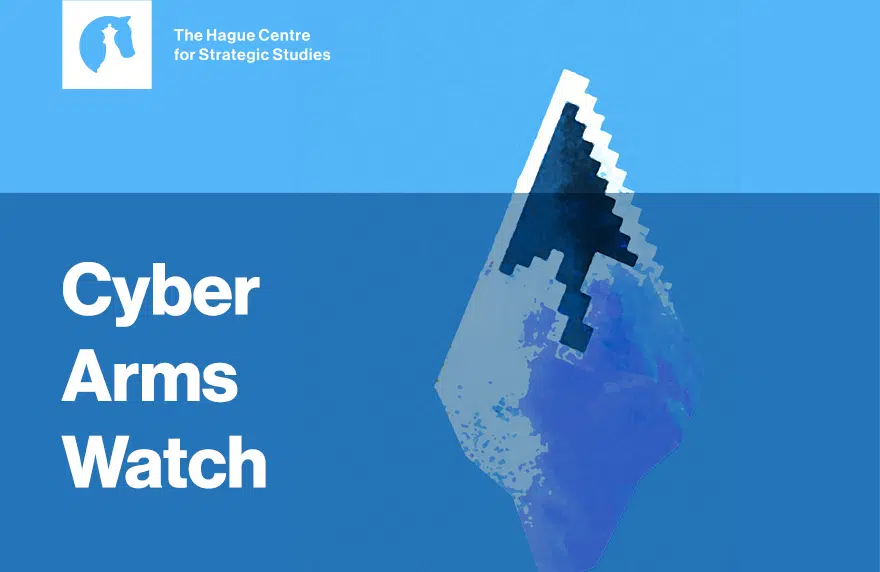The third edition of the CIDOB Future Leaders Forum, organised by CIDOB with the support of Banco Santander, is conceived as a space for dialogue between future leaders that brings together 35 different voices in order to debate and exchange ideas and discuss relevant issues of the international agenda, connecting them with relevant social, economic and political actors from Spain and Europe.
Within the framework of this Forum, CIDOB and Banco Santander present their 35 under 35 List, which acknowledges the work of 35 potential and consolidated minds of 35 or less years of age.
HCSS is very proud to announce that our Strategic Analyst Arthur Laudrain is among the 35 young leaders on the list.
How did your nomination to the list come about?
Laudrain: I was contacted by CIDOB, which informed me of the nomination and asked if I could provide a brief statement for the forum.
What has been your involvement with the forum? (speaking on the topic of EU digital strategic autonomy?)
Laudrain: I prepared and delivered a short statement on my vision of EU digital strategic autonomy: What it is, and what should be our priorities.
A comment from yourself on how you feel to be nominated?
Laudrain: It feels very humbling to be surrounded by such an accomplished, engaged, and diverse crowd. I’m very much looking forward to get to know everyone better.
Any other information about yourself which is pertinent, including what you are currently working on?
Laudrain: Strategic autonomy is a huge topic for us Europeans. At the same time, it is a wide-ranging and ill-defined concept. At Oxford, I research how democracies respond to cyber-enabled election interference. Since there can be no effective autonomy without a healthy democracy, I hope that through my research I get to do my part for this important topic.
Source: Santander-CIDOB 35 under 35 List
Statement of Arthur PB Laudrain, on November 8th 2022.
Digital strategic autonomy is a situation where a polity, in this case the EU, has control over its destiny, through the use of information technology.
There are two important things to keep in mind. First, digital autonomy encompasses a very wide spectrum of topics, from platform regulation to digital privacy, cloud storage, or computational power, to only name a few. So we need to better conceptualise digital autonomy as a very first step, in other words, we need to agree on what we are talking about. Second, strategic autonomy, whereas in the digital domain or otherwise, is rarely absolute. Or rather it is in practice rarely absolute. What this means is that, once we have identified our foundational interests as Europeans, we will have to set our priorities, meaning we will have to compromise. Find a balance between the benefits of being autonomous in a specific area, say cloud services, and the costs of doing so.
What are these foundational interests? In my opinion, we as Europeans, have three, broadly speaking.
- Security. To be safe from aggression, coercion, or espionage.
- Prosperity. To guarantee the socio-economic development of our societies.
- Democracy & human rights. To safeguard our values.
Now, once we’ve said that, how do we do to reach that ideal state?
- Regulation. The EU is an effective regulatory power, it should keep pushing in that direction.
- Investment. To develop a competitive indigenous tech sector, with EU structural funds.
- Relocation. To secure our supply-chain and critical industries.





